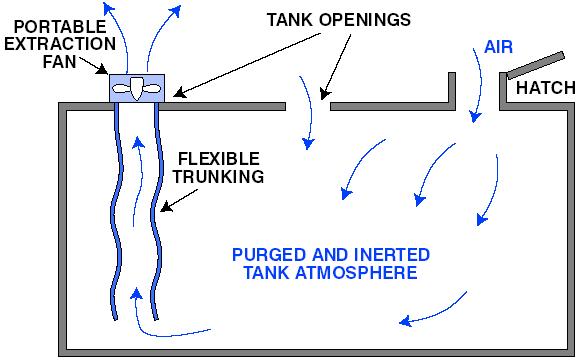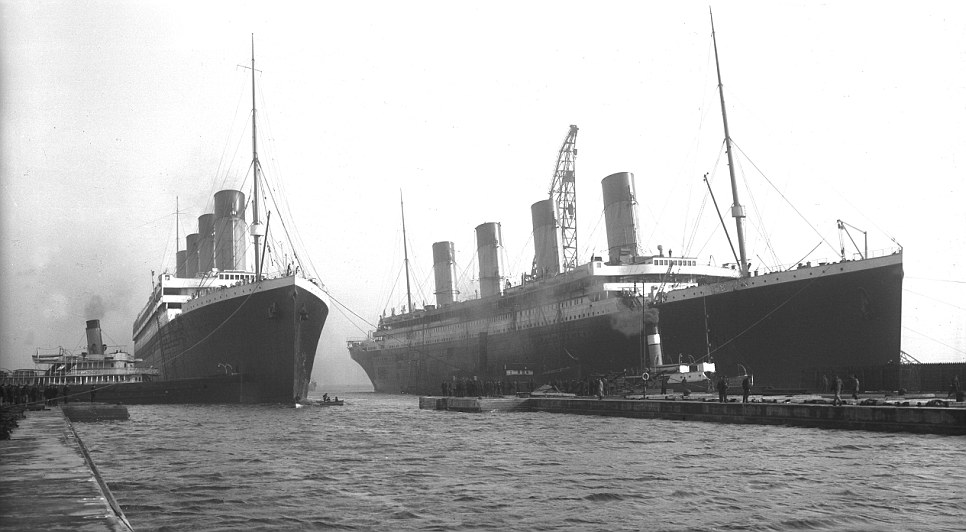

Cargo is the goods that are carried in the sea. They can be of any type, shape and details. We will now discuss about why is cargo ventilation important. Well cargo when being transported by sea has a high probability of sweating as the atmosphere in and around sea in very high in moisture. This moisture is very harmful for the goods as they can cause them bad damage. We will now discuss how we can avoid this and also ensure that the cargo is well ventilated.
Apart from sweat ventilation also helps to ensure that hazardous gases are removed from the cargo and also that the containers are not over heated. The ventilation of the cargo is not a simple task. If they are over ventilated then it might cause more harm than good. This is a job that must be done by the experts. They will have to consider the moisture within the cargo and also the moisture outside. The type of ventilation that is already present in the ship must be also considered. Most of the container ships are provided with vents that are in built.
The ventilation is required for hygroscopic and non hygroscopic materials. Hygroscopic are those that already have moisture content in them and non hygroscopic are those that are dry. The dew point is the point that is kept in consideration to decide what should be the amount of ventilation that is needed on the ship. This also ensures that the temperature is in favourable range. This rule takes into consideration both the moisture within and outside the container.
The dew point rule makes the ventilation a little easy as it clearly states that if the dew point inside the hold is higher than the dew point outside then ventilation is not needed. It is the other way round if the dew point inside is higher that the dew point outside. This is most widely accepted theory that is adopted in case of cargo ventilation. If is difficult to get the dew point then the temperature at the time of loading the cargo is taken into consideration.
Interestingly the hygroscopic goods need more monitoring when it comes to cargo ventilation that the non hygroscopic goods. The cargo ventilation is also equally important as this supplies fresh air to the goods and it ensures that the goods don’t start smelling, etc. making it very important for all shipping companies and c to ensure that the cargo they are carrying is well ventilated. In the past a lot of cargo would spoil due to lack of ventilation. When a cargo is put on a ship it is not known that for how many months it will be on the ship. This is exactly why it becomes so important to understand how to ventilate the cargo. Thanks to these methods in the last few decades the loss of cargo due to lack of ventilation has gone down considerably.
Every year a huge amount of cargo is shipped in the world. This is so because bulky goods cannot be transported by air all the time. Water transport is definitely more convenient and economic. However, it has been noted that if the cargo is not well ventilated they may be damaged and the whole purpose of transporting them fails. I hope this article will help you to understand better how and why cargo ventilation is important. These simple steps and methods that we have listed above are used by the various shipping companies to ensure that the goods are safely transported. Almost all ships have these ventilation methods in place to ensure that the cargo is safe.
Why Is Cargo Ventilation Important?,




